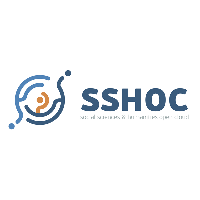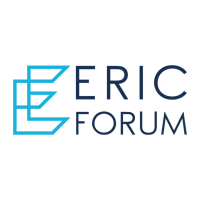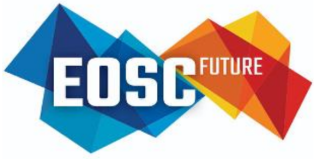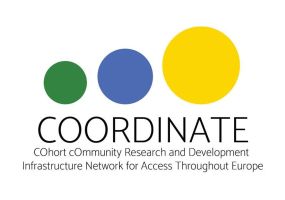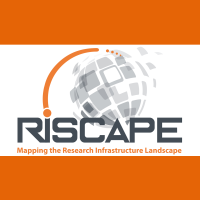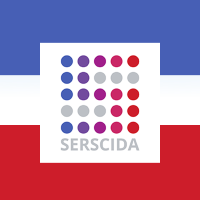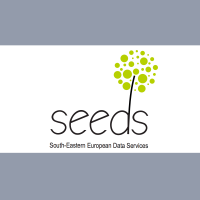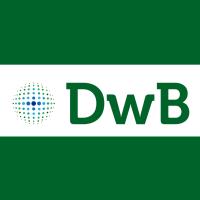Under-use of Official Microdata
There is an existing wealth of official microdata, currently under-used and held behind national, legislative, technical, and cultural borders.
Creating an Integrated Model
DwB contributes to the creation of an integrated model where the best solutions for access to official statistical microdata are available, irrespective of national boundaries, yet flexible enough to fit national arrangements.
Enhanced Transnational Access
DwB enhances researchers’ transnational access to official microdata through coordination of existing infrastructures, Consortium of European Social Science Data Archives (CESSDA) and the European Statistical System (ESS). Read more on the project website about our mission towards easy, yet informed and responsible access to official microdata for research.
Bridging Three Communities
With 29 partners belonging to the European Statistical System (10 National statistical Institutes or statistical departments), to the CESSDA (14 Data Archives) and to the Research Community (7 universities and 1 SME involved in methodological research), DwB aims to discuss and promote common improvements, solutions and frameworks to be proposed to the whole communities.
Proposing Pilots and Discussing Standards
Currently, comparative research projects based on national official microdata need to go through multiple accreditations and quite different technical and methodological environments. DwB’s work will result in proposing pilots for a European research accreditation and a European distributed remote access to confidential microdata for national datasets. DwB also takes part in the discussion about metadata standards (SDMX/DDI).
Project News
The Data without Boundaries project came to a formal end on 30 April 2015.
The resulting output is presented on the project website as well as the tools and services that continue to be available and will be developed beyond the project end.
Read more: http://www.dwbproject.org
Disclaimer: This project has received funding from the European Union’s Seventh Framework Programme for research, technological development and demonstration under grant agreement no 262608.
